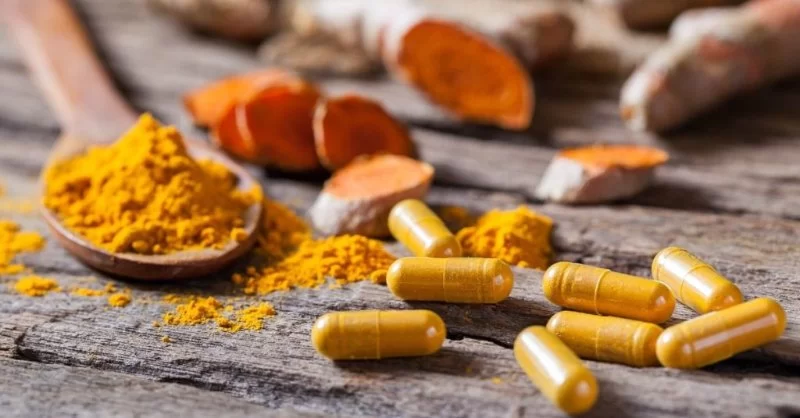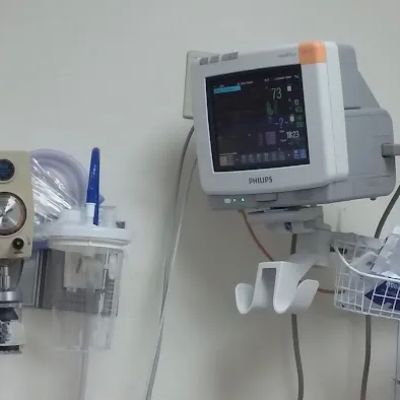- understanding-turmeric-and-curcumin-what-makes-them-powerful
- how-curcumin-reduces-inflammation-in-the-body
- scientific-evidence-and-research-findings-on-turmeric
- real-life-experiences-and-practical-uses-of-curcumin
- how-to-choose-quality-products-and-where-to-buy
1. Understanding Turmeric and Curcumin: What Makes Them Powerful
Turmeric, the golden-yellow spice often found in curry, has been used for centuries in Ayurvedic and traditional Chinese medicine. But the real magic lies in one of its key active components—curcumin. Curcumin is what gives turmeric its vibrant color and most of its potent anti-inflammatory effects.
While turmeric powder contains about 2–5% curcumin by weight, it’s curcumin that researchers often isolate for medicinal purposes. The compound is known for its ability to fight oxidative stress and inflammatory responses, making it a go-to natural remedy for a wide range of chronic conditions, from joint pain to cardiovascular inflammation.

2. How Curcumin Reduces Inflammation in the Body
2.1 The Biochemical Process Behind Inflammation Control
Inflammation is the body’s natural response to injury or infection, but chronic inflammation can damage tissues and contribute to diseases like arthritis, heart disease, and even Alzheimer’s. Curcumin helps by blocking molecules such as NF-κB and COX-2, which are known to trigger inflammation pathways in the body.
AtlantiCare Regional Medical Center, Mainland Campus
atlanticare medical center galloway
65 W Jimmie Leeds Rd, Pomona, NJ 08240, USA

2.2 Curcumin as a Natural Alternative to NSAIDs
Many people rely on non-steroidal anti-inflammatory drugs (NSAIDs) like ibuprofen for relief—but these can have side effects with long-term use. Curcumin offers a natural, plant-based option that has shown similar benefits in reducing swelling and pain without the gastrointestinal issues often linked to pharmaceuticals.
2.3 Enhanced Absorption Through Black Pepper
One challenge with curcumin is its bioavailability—how well the body absorbs it. Studies show that combining curcumin with piperine, a compound found in black pepper, can increase absorption by up to 2000%. That’s why many high-quality supplements pair the two for maximum effectiveness.
3. Scientific Evidence and Research Findings on Turmeric
3.1 Clinical Studies and Chronic Conditions
Multiple studies have explored the benefits of turmeric and curcumin on conditions like rheumatoid arthritis, ulcerative colitis, and metabolic syndrome. One 2014 study published in Phytotherapy Research found that curcumin was as effective as diclofenac (a prescription NSAID) in treating symptoms of arthritis—but without side effects.
3.2 Cardiovascular Support and Heart Health
Curcumin has also gained traction for its heart-protective properties. It helps reduce levels of inflammatory markers like CRP (C-reactive protein) and improves endothelial function, which plays a vital role in regulating blood pressure and circulation. HeartCare Hub features several carefully vetted supplements designed to support vascular wellness and inflammation control.
3.3 Antioxidant Power for Overall Wellness
In addition to its anti-inflammatory role, curcumin is a powerful antioxidant. It neutralizes free radicals and stimulates the body’s own antioxidant enzymes. This dual action makes it beneficial not only for preventing chronic disease but also for general immune support and longevity.
4. Real-Life Experiences and Practical Uses of Curcumin
4.1 Personal Case: Managing Joint Pain Naturally
Sarah, a 62-year-old yoga instructor from Arizona, struggled with chronic knee inflammation. Frustrated by side effects from NSAIDs, she turned to a turmeric supplement with black pepper. “Within three weeks, I felt less stiffness in the mornings,” she said. “It wasn’t a miracle cure, but it gave me consistent relief.”
4.2 Everyday Ways to Add Turmeric to Your Diet
Curcumin supplements are effective, but you can also incorporate turmeric into meals. Golden milk lattes, turmeric-spiced roasted vegetables, or even smoothies with a pinch of the powdered root can all offer subtle daily support. Cooking with healthy fats like coconut oil enhances absorption.
4.3 Lifestyle Tip: Pair with an Anti-Inflammatory Routine
Using turmeric and curcumin works best when paired with an overall anti-inflammatory lifestyle. This includes a diet rich in omega-3s, regular movement, stress reduction, and good sleep. HeartCare Hub provides supportive resources and products to help build this kind of wellness foundation from the inside out.
5. How to Choose Quality Products and Where to Buy
5.1 What to Look for in a Supplement
When shopping for turmeric or curcumin supplements, look for high curcuminoid concentration (typically 95%), the addition of black pepper extract (piperine), and third-party testing. Avoid supplements with unnecessary fillers or artificial binders.
5.2 Trusted Sources and Transparency
Brands that offer clear labeling, scientific backing, and customer reviews are typically more trustworthy. Transparency in sourcing—such as using organic turmeric or sustainably harvested roots—adds another layer of confidence for buyers.
5.3 Where HeartCare Hub Comes In
If you're unsure where to start, HeartCare Hub curates a selection of science-backed anti-inflammatory products, including turmeric and curcumin formulations. With a focus on cardiovascular and overall wellness, their resources and product guides can help you make informed choices that align with your health goals.






















Atlantic Rehabilitation
atlantic rehabilitation institute
651 Willow Grove St, Hackettstown, NJ 07840, USA